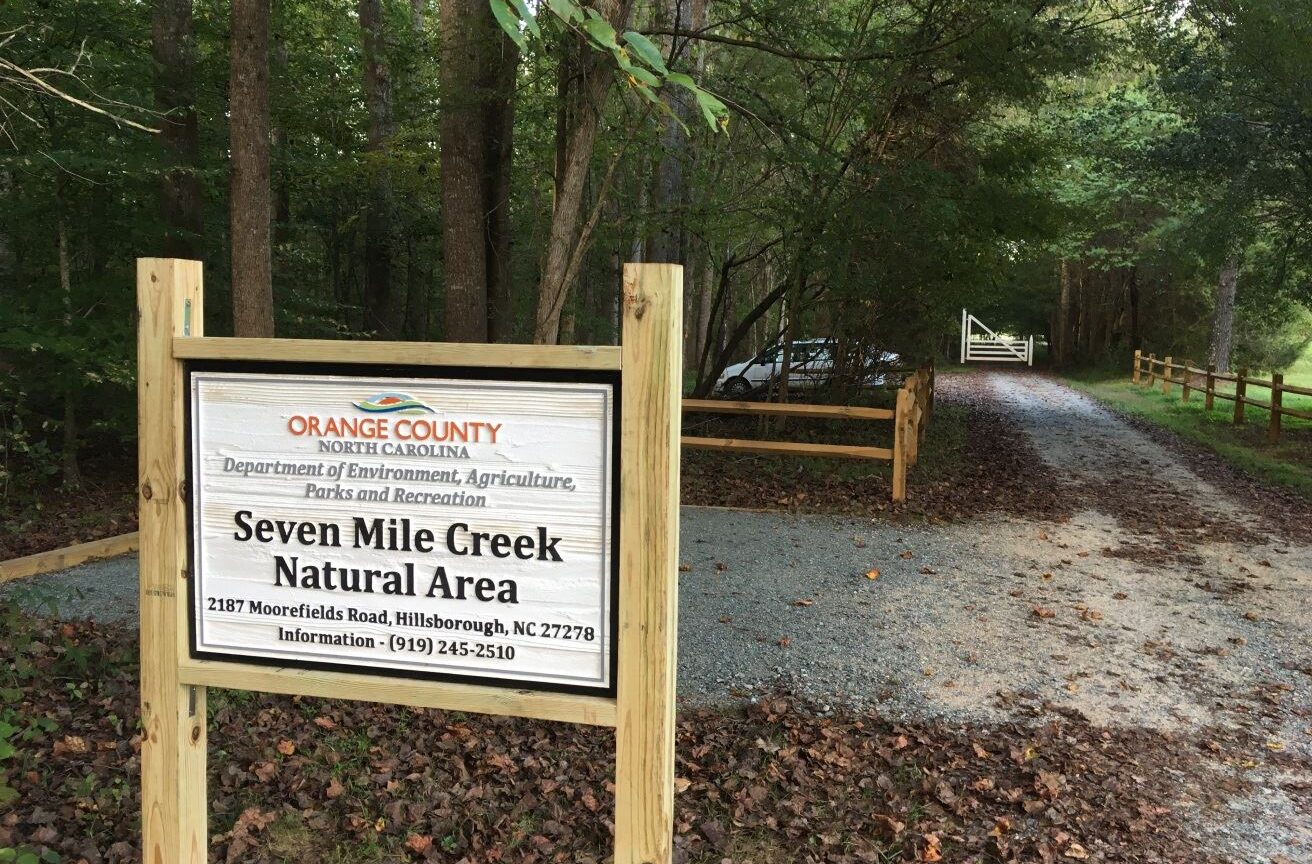The Orange County Board of Commissioners has joined in on current national litigation regarding the opioid epidemic after a briefing on the subject at a meeting last week.
Attorney Amy Quezon from McHugh Fuller Law Group in Mississippi is a part of a group effort from five law firms around the country creating litigation against opioid manufactures and distributors.
“You can’t watch the news anymore without knowing what’s going on in our country,” Quezon said of the opioid crisis. “Particularly hard hit have been the Appalachian areas and the rural south. In North Carolina alone, in 1999 there were 150 opioid related deaths, in 2016 that number was over 1,500.”
Quezon says wealthy distributors and manufacturers are ultimately responsible.
“Our basic premise is that the manufacturers and the wholesale distributors of the opioids knew exactly what was happening. They were in the best position to know how many pills were being funneled, and flooding really, into our cities and into our counties,” said Quezon. “Under the controlled substance act, they had a duty that if they saw suspicious orders, that they were to immediately stop the shipment and to alert the DEA of the suspicious orders, such that unethical doctors, these pill mills, black-market pills that were being sold, could be investigated and stopped. What we found is that they simply did not alert the DEA into any suspicious orders for year after year after year and now here we are.”
Over 200 counties and municipalities around the country, and now 16 in North Carolina, have joined in on an MDL, a consolidation of individual lawsuits with different damages, like negligence and public nuisance, but have been grouped all together due to their similarities.
The five law firms create personalized damage models for counties involved that include three steps: educating on the dangers of pills, law enforcement protection and treatment for addicts and infants born with addiction.
Quezon says there is no charge to Orange County to join in on the litigation even if the lawsuit is unsuccessful and possible settlements would be given to the board for damages.
“Whatever recovery would come, if there is a settlement for instance, that would be up to the commission, to you, the board of commissioners, to where the money would be best spent, in again, education, law enforcement, treatment, that sort of thing,” said Quezon.
County officials confirmed after the closed session last Tuesday that commissioners agreed to join in on the litigation.









